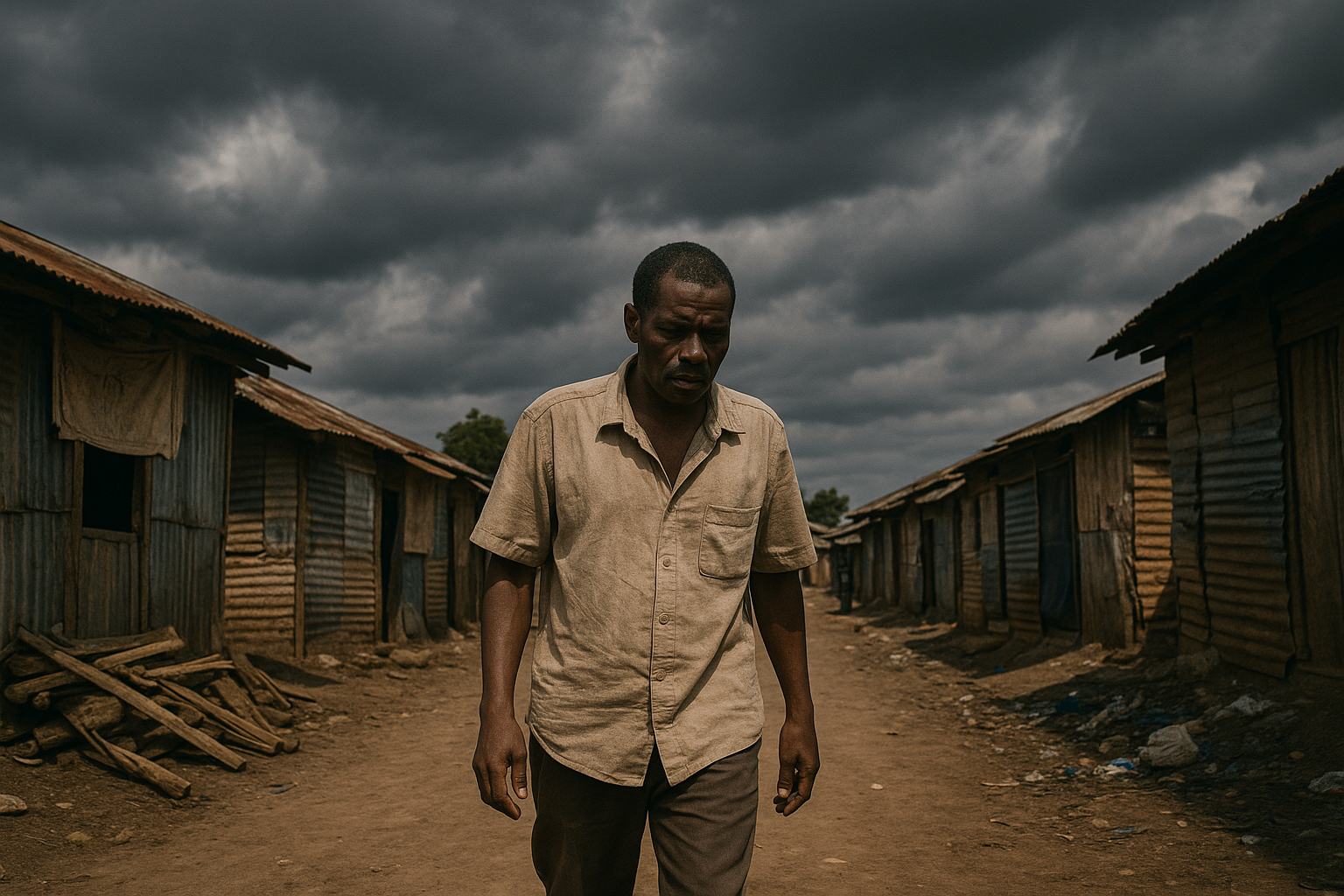Low-Income Countries Struggle to Balance Inflation and Growth, Says IMF Report
An IMF study warns that low-income countries face “impossible tradeoffs” as global shocks force them to choose between fighting inflation and sustaining growth. With weak institutions and limited fiscal space, their economic stability now depends on stronger policy coordination and global financial support.

A new study by the International Monetary Fund (IMF), in collaboration with several research institutes across Africa, Asia, and Europe, has revealed that low-income countries are facing some of the hardest monetary and fiscal tradeoffs in decades. The working paper finds that developing nations are being squeezed between fighting inflation and supporting economic growth as global price shocks and financial turbulence intensify. The report paints a stark picture of policymakers in poorer economies struggling to manage rising costs of living, weakening currencies, and limited fiscal space.
The Global Storm Hits the Weakest Economies First
The IMF study makes it clear that when global markets move, low-income countries often feel the pain first and recover last. As the world experiences more frequent commodity price surges, volatile capital flows, and geopolitical disruptions, these economies have become more exposed than ever before. Inflation in many of them is driven not by domestic spending but by imported food and fuel prices, leaving central banks with few effective tools to respond.
The researchers describe this as a structural vulnerability: many of these nations rely heavily on imports for essential goods, lack diversified export bases, and have shallow financial markets. This means that when oil prices rise or currencies weaken, inflation spikes quickly while government budgets come under severe strain. The IMF warns that in such conditions, monetary policy alone cannot stabilize economies without strong fiscal discipline and global support.
A Dilemma With No Easy Answer
Using an advanced economic model designed for low-income economies, the IMF economists simulate the effects of global shocks, such as spikes in oil or food prices, on domestic inflation and output. Their findings show that central banks in these countries face a no-win situation. Raising interest rates to fight inflation often slows growth and employment, while keeping rates low leads to currency depreciation and even higher import costs.
This creates what the paper calls “impossible tradeoffs.” Policymakers must choose between short-term price stability and longer-term economic momentum, knowing that either choice can come at a heavy cost. The study argues that these tradeoffs have become sharper in recent years because fiscal buffers were depleted during the pandemic and the subsequent global inflation wave.
Exchange Rate Choices Offer No Easy Escape
The IMF study examines how different exchange-rate regimes perform under pressure. For countries that fix their exchange rates, inflation tends to rise more slowly during global shocks, but at the expense of economic output and dwindling foreign reserves. In contrast, those that allow their currencies to float absorb part of the external shock more quickly, reducing the immediate strain on growth, but suffer faster inflation due to higher import prices.
The research concludes that neither regime offers a complete shield. Flexibility helps, but it is not a cure. What truly matters, the IMF notes, is policy credibility, whether people trust their central banks to control inflation and maintain stability. Countries like Ghana, Rwanda, and Uganda, where monetary authorities have earned credibility through independence and transparency, have been able to navigate recent shocks more smoothly than others with weaker institutions.
Fiscal Discipline Is the Missing Piece
A major theme running through the report is the continuing problem of fiscal dominance, when governments borrow excessively or rely on central banks to finance budget deficits. This practice, the IMF warns, undermines the effectiveness of monetary tightening. Even when interest rates rise, deficit financing pumps liquidity back into the economy, keeping inflation high.
The paper stresses that monetary and fiscal policies must work hand in hand. Without credible fiscal discipline, central banks in low-income countries will remain powerless to control prices. The IMF recommends that these nations rebuild fiscal buffers, develop domestic bond markets to reduce dependence on external borrowing, and manage public spending more prudently.
Building Resilience in an Uncertain World
The authors of the IMF study conclude that for low-income countries, resilience to global shocks will depend on three critical pillars: stronger institutions, greater policy coordination, and access to international financial safety nets. Central banks must continue improving their forecasting and communication frameworks, while governments focus on responsible budgets and targeted support for vulnerable groups.
The report also calls on the international community to step up assistance through concessional loans, debt relief, and precautionary financing tools that help countries withstand external volatility. As the paper warns, the stability of many low-income economies now hinges on whether they can act early, and whether richer nations will help them stay afloat.
The world’s poorest nations are walking an ever-narrower economic tightrope. They must contain inflation without strangling growth, stabilize their currencies without draining reserves, and maintain public trust amid relentless global uncertainty. The study offers both a diagnosis and a warning that the balance between stability and survival is growing more fragile, and every policy choice comes with a cost.
- FIRST PUBLISHED IN:
- Devdiscourse
ALSO READ
IMF Explores New Financial Pathway for Kenya
IMF hails post-pandemic recovery, warns on debt and calls for stronger fiscal reforms
IMF Staff-Level Agreement Paves Way for Ecuador's Economic Boost
IMF Reaches Staff-Level Agreement Amid Sri Lanka's Economic Reform
IMF's Strategic Dialogue on Kenya's Economy










